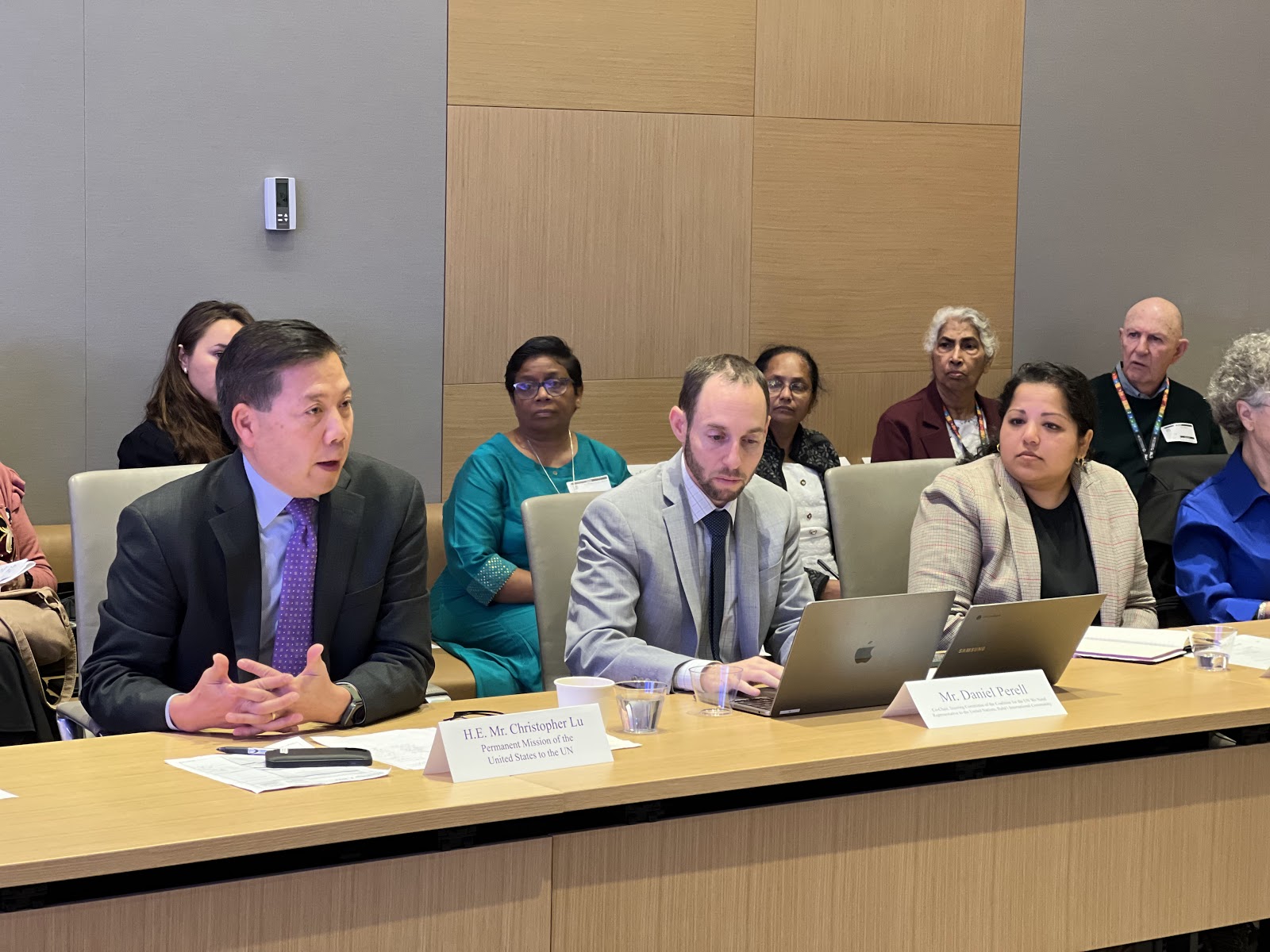The Bahá’í teachings elucidate profound principles that punctuate the urgent call for reform within international institutions, particularly the United Nations. Drawing upon the metaphor of a garden, we see the United Nations as a vast ecosystem—an interwoven tapestry of nations, cultures, and ideologies. Yet, like any garden, it requires diligent tending to flourish. In the face of contemporary global challenges, such as climate change, social injustice, and geopolitical strife, it becomes increasingly clear that these apparent truths presented by the Bahá’í perspective serve not only as profound philosophical insights but as a clarion call for systemic transformation.
At the heart of the Bahá’í faith lies the doctrine of the oneness of humanity. This principle asserts that all people, irrespective of their backgrounds, share a common lineage and destiny. This all-encompassing unity is the very essence of a well-functioning United Nations. Each member state is akin to a vital organism, contributing to the health of the collective body. However, without a concerted effort to foster collaboration and mutual respect among these entities, the potential for discord and division remains formidable. The apparent truth revealed through Bahá’í teachings posits that a reformed U.N. must transcend mere political maneuvering, evolving into a body that embodies the collective will and aspirations of the global populace.
This notion of unity extends beyond abstract ideals; it requires tangible action. For example, the calls for increased representation and equitable decision-making processes within the U.N. resonate with Bahá’í teachings. The democratization of international governance structures refines the garden, ensuring that the fruits of diversity enrich the global dialogue. In this light, the Bahá’í community’s vision promotes more than just reforms; it advocates for a paradigm shift that amplifies the voices of the marginalized and disenfranchised. Each individual represents a unique flower in the expansive garden—distinct, yet beautifully interrelated.
Moreover, Bahá’í principles underscore the necessity for education as a cornerstone of societal reform. Education, interpreted broadly, encompasses the cultivation of knowledge, skills, and virtues essential for fostering global citizenship. The U.N.’s sustainability goals align harmoniously with this tenet, emphasizing that the pathway to a prosperous future lies in an enlightened populace. Thus, facilitating access to quality education should be prioritized within U.N. reform discussions. This transformative process nurtures not only the minds of individuals but also the collective conscience of humanity, sowing seeds of empathy and cooperation that transcend borders.
In considering the Bahá’í approach to world peace, one uncovers yet another apparent truth: the interconnectedness of peace and justice. The pursuit of peace cannot be divorced from the quest for equity; they are two sides of the same coin. Bahá’í teachings affirm that lasting peace arises from a commitment to justice at every level of society. Recognizing this relationship provides fertile ground for reimagining the U.N.’s role in global conflict resolution. A reformulated approach would prioritize restorative justice, reconciliation, and mediation—processes that encourage dialogue and healing over retribution and alienation.
Furthermore, the essence of Bahá’í teachings illuminates the importance of utilizing a consultative approach in negotiations. The act of consultation is not merely a mechanical process of decision-making; it embodies a transformative way of engaging with diverse perspectives. In an increasingly polarized world, empowering representatives at the U.N. to consult meaningfully with one another inspires a culture of collaboration. Embracing this methodology invites creative solutions rooted in mutual respect and understanding, resonating with the Bahá’í ethos of unity amidst diversity.
In the realm of global governance, transparency emerges as a paramount theme as well. The Bahá’í teachings advocate for open and honest communication as essential to fostering trust within communities. The same principle holds true for international organizations like the U.N. Reform initiatives that prioritize transparency enhance accountability, thereby strengthening the legitimacy of the U.N. in the eyes of the global populace. Such measures encourage citizens to engage actively, transforming apathy into activism—a significant leap toward nurturing a vibrant, participatory democracy on the global stage.
Moreover, the Bahá’í perspective on spiritual development elucidates another integral aspect of U.N. reform: the recognition of moral and ethical dimensions in policymaking. Policies crafted solely on economic or political expediency often neglect the profound impact they have on human dignity. Emphasizing ethical considerations aligns closely with the Bahá’í assertion that true progress is measured not only by material achievements but also by the spiritual advancement of society. Hence, the reformed U.N. would do well to integrate ethical frameworks into its deliberations, inviting delegates to contemplate the moral ramifications of their decisions.
In conclusion, the Bahá’í call to reform the United Nations presents profound insights into the interconnected nature of humanity and the pressing need for systemic change. By cultivating a garden of unity, education, justice, authenticity, and ethical responsibility, we can navigate the complexities of contemporary global challenges. The apparent truths embedded within Bahá’í teachings inspire us to rethink and reshape the structures that govern our world. Through inclusive dialogue and collective action, there lies a rich potential to foster not only a more effective U.N. but a thriving global community—one that honors the inherent dignity and worth of each of its members. Thus, as we stand at this crucial juncture in history, the call to cultivate this international garden must resonate within each of us, driving our efforts towards a more peaceful and just world.
